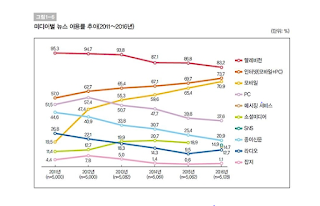What is the future of Wikipedia? Will it exist in 20 years? 50? 100? - Yurang Wi
Using the Wikipedia, there had some points of improvement. The first is that the reliance of users' behavior is unduly high. To be advanced constantly, Wikipedia need the effort of individual participants. It means that they have to attract all the time new contributors who afford to share their effort to Wikipedia. There has only a few way to achieve that, which means no marketing tools at Wikipedia, it has limits to expandability. I think it is one of the Wikipedia's current issues. The second is on funding. Most of Wikipedia' operating costs rely on contribution of users. Absence of clear source of funds might be an element of risk in future. If this stated issues are get solved, Wikipedia will still existing in future.

